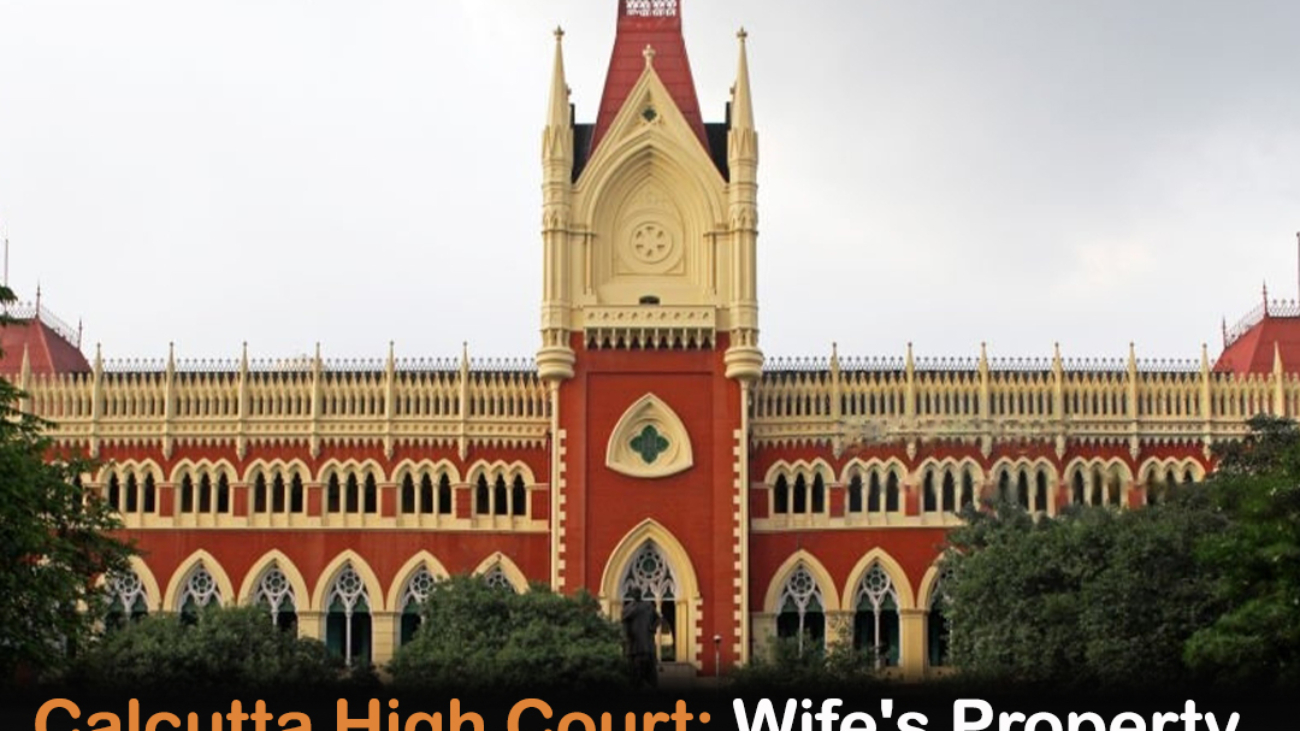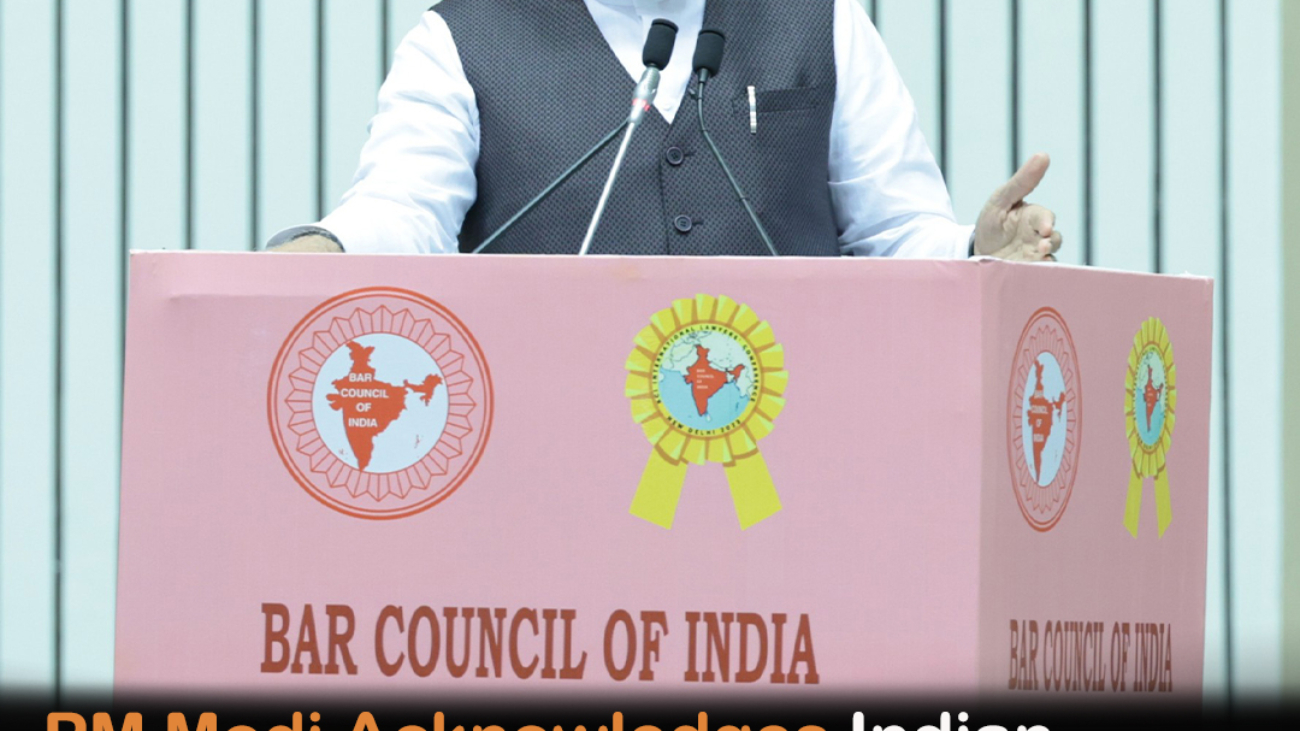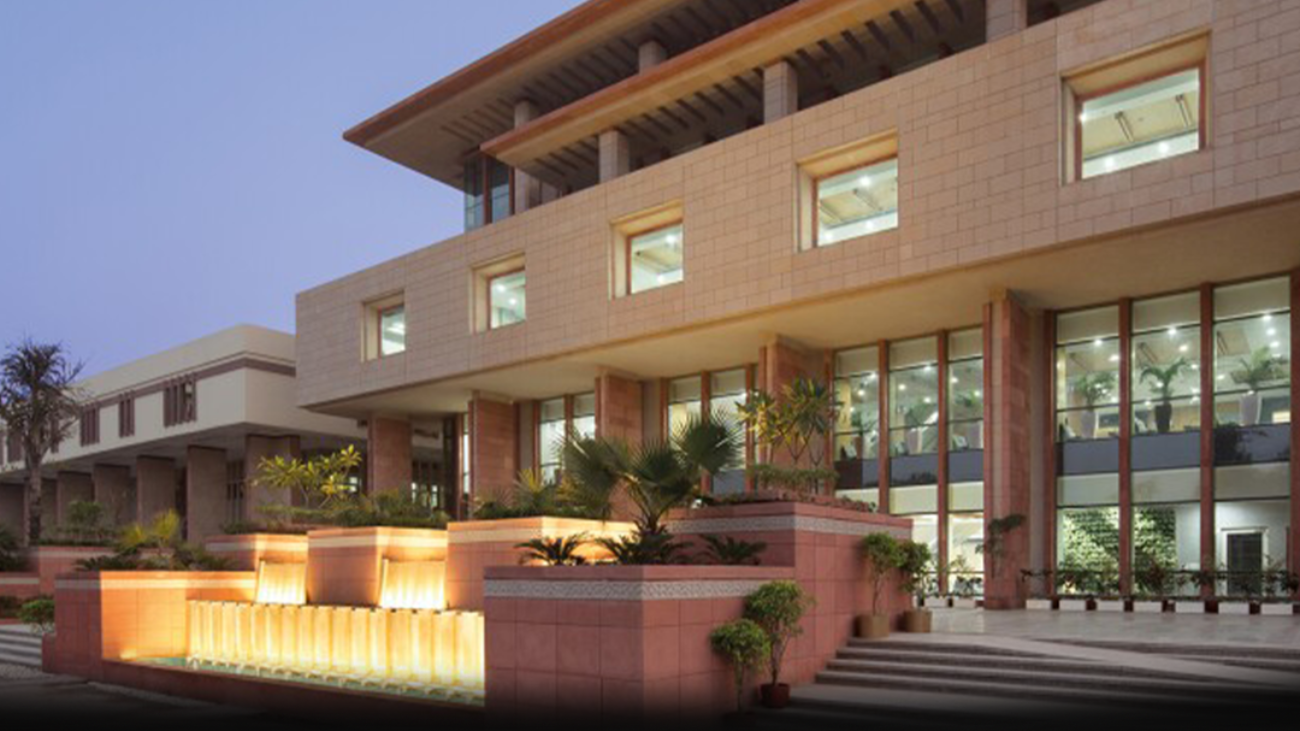 The Madras High Court has issued an interim order instructing two Bharatiya Janata Party (BJP) MLAs from Puducherry and their family members to return a temple property that they were accused of obtaining illegally. The BJP legislators, A John Kumar and his son Vivilian Richards John Kumar, were alleged to have secured ownership of land belonging to the Kamatchiamman Temple in Puducherry through fraudulent means. The temple trust claimed ownership of the land dating back to 1935 and had been in continuous possession for over 80 years.
The Madras High Court has issued an interim order instructing two Bharatiya Janata Party (BJP) MLAs from Puducherry and their family members to return a temple property that they were accused of obtaining illegally. The BJP legislators, A John Kumar and his son Vivilian Richards John Kumar, were alleged to have secured ownership of land belonging to the Kamatchiamman Temple in Puducherry through fraudulent means. The temple trust claimed ownership of the land dating back to 1935 and had been in continuous possession for over 80 years.
The court, while hearing the case, directed the MLAs and their family members to return the land until the investigation is completed to determine the rightful owners. It was alleged that government officials in the Puducherry administration were involved in the land-grabbing scheme.
The court found “shocking revelations” in the investigation reports regarding the fraudulent documents and the actions of government officials. The accused MLAs asserted their innocence and stated they were willing to return the land if the temple authorities could prove ownership. However, the court ordered the Puducherry administration to take possession of the temple land and return it to the temple administration.
Justice SM Subramaniam emphasized that public representatives, such as the accused MLAs, should be truthful and trustworthy servants of the people. They are constitutionally obligated to represent the interests of their constituents and uphold the principles of law. Therefore, the court directed the MLAs to cooperate with the ongoing probe conducted by the Puducherry CB-CID. The case will be listed for further proceedings after six weeks following the completion of the investigation.

 Cart is empty
Cart is empty 




 The Calcutta High Court ruled that a wife selling property in her name without her husband’s permission is not considered cruelty. The court overturned a divorce decree granted to the husband in 2014, citing cruelty and desertion. The judges noted that both spouses were educated, and the wife’s decision to sell property in her name without seeking her husband’s approval did not constitute cruelty. The court emphasized that a wife has the right to make decisions about her property without needing her husband’s permission. The ruling aimed to promote gender equality and rejected notions of male dominance in society. The court also dismissed claims of desertion and upheld the sanctity of the marriage.
The Calcutta High Court ruled that a wife selling property in her name without her husband’s permission is not considered cruelty. The court overturned a divorce decree granted to the husband in 2014, citing cruelty and desertion. The judges noted that both spouses were educated, and the wife’s decision to sell property in her name without seeking her husband’s approval did not constitute cruelty. The court emphasized that a wife has the right to make decisions about her property without needing her husband’s permission. The ruling aimed to promote gender equality and rejected notions of male dominance in society. The court also dismissed claims of desertion and upheld the sanctity of the marriage.
 Prime Minister Narendra Modi emphasized the significance of a robust, independent judiciary in India during an International Lawyers Conference hosted by the Bar Council of India. He highlighted that India’s judiciary has consistently upheld the rule of law and played a critical role in the nation’s development. Chief Justice of India DY Chandrachud praised the Supreme Court for making judgments available in regional languages. PM Modi expressed his commitment to presenting laws in both legal and layperson language to enhance accessibility and understanding. He also acknowledged the pivotal role lawyers played in India’s struggle for independence and hoped the conference would raise awareness of legal rights.
Prime Minister Narendra Modi emphasized the significance of a robust, independent judiciary in India during an International Lawyers Conference hosted by the Bar Council of India. He highlighted that India’s judiciary has consistently upheld the rule of law and played a critical role in the nation’s development. Chief Justice of India DY Chandrachud praised the Supreme Court for making judgments available in regional languages. PM Modi expressed his commitment to presenting laws in both legal and layperson language to enhance accessibility and understanding. He also acknowledged the pivotal role lawyers played in India’s struggle for independence and hoped the conference would raise awareness of legal rights.

 The Delhi High Court has said that people have the right to choose their life partners, and this choice shouldn’t be controlled by religion or beliefs. The right to marry is an important part of personal freedom. It’s not the government, society, or parents who can decide whom you marry, especially when it involves two consenting adults.
The Delhi High Court has said that people have the right to choose their life partners, and this choice shouldn’t be controlled by religion or beliefs. The right to marry is an important part of personal freedom. It’s not the government, society, or parents who can decide whom you marry, especially when it involves two consenting adults.